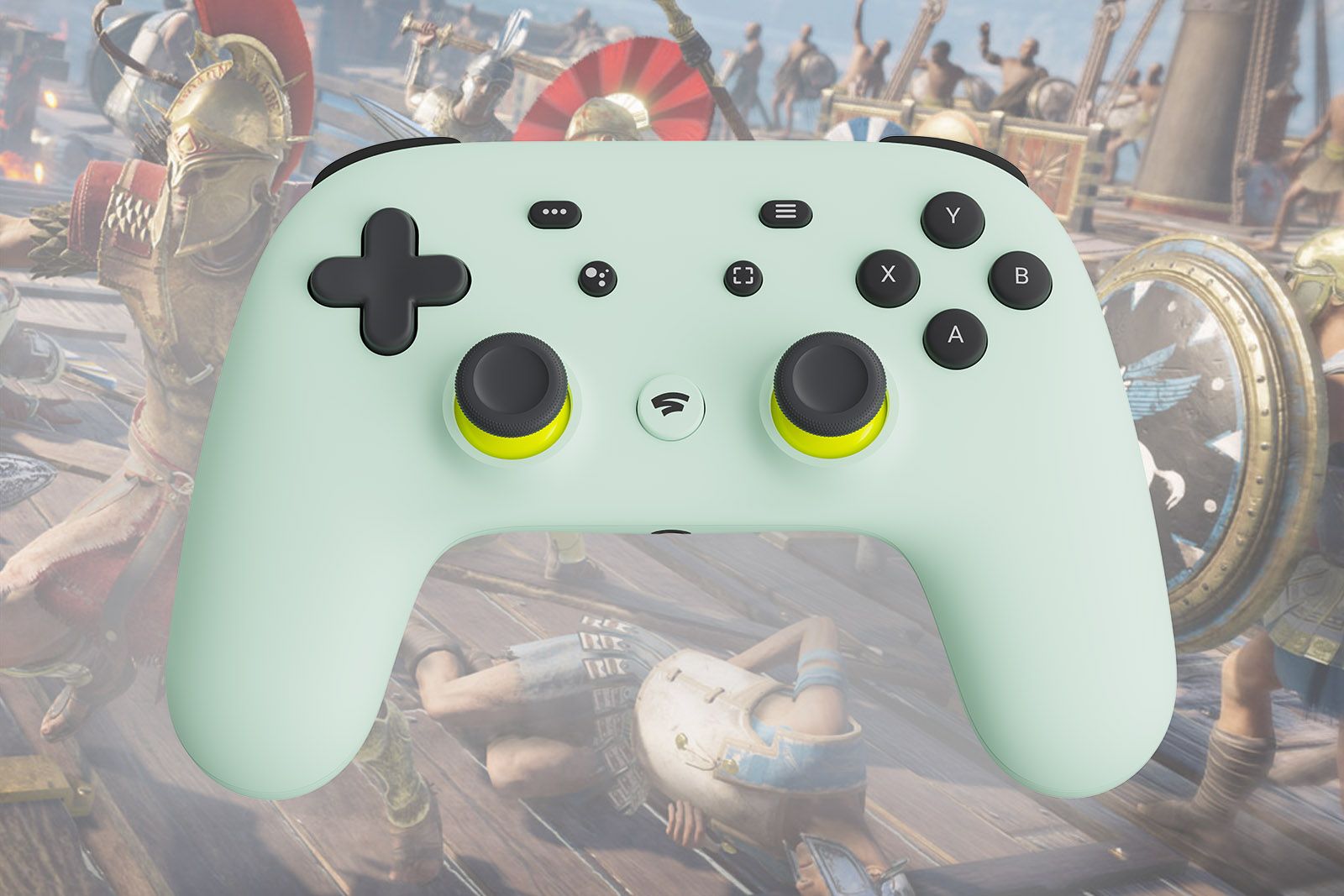Google's Stadia cloud gaming platform launches next month and early reports are that it handles latency very well. However, it could be even more responsive in just a couple of years time, even more so than local consoles, such as the forthcoming Project Scarlett from Xbox and the PlayStation 5.
That's the claim of Stadia's vice president of streaming, Madj Baker, who told Edge magazine that Google is working on new, fantastical technologies to improve latency (or the lack thereof) to unprecedented levels: "Ultimately, we think in a year or two we’ll have games that are running faster and feel more responsive in the cloud than they do locally, regardless of how powerful the local machine is," he said.
A bold prediction. And how will it achieve this? "Negative latency".
This is a term being used in-house by Google, and refers to a practice of introducing a buffer of predicted latency depending on the player's connection. Then other technologies would come into play to mask any lag.
One suggestion included in the Edge interview, is that games can be run at extreme frame rates so that player inputs can be acted on sooner. Another is that the system itself predicts button presses using artificial intelligence.
The latter begs the question on whether the player or an AI is really playing the game, in that case. Or form the basis of a Philip K Dick-style novel.
Still, it's good to hear that Google isn't just taking Stadia seriously, it sees it as a major rival to the next-gen consoles. Let the battles begin.

